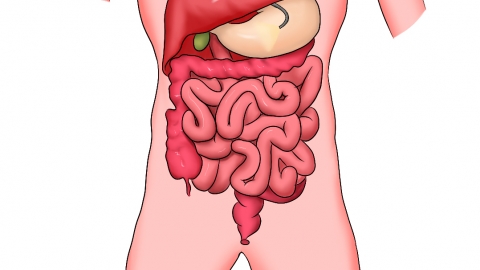Can Helicobacter pylori infection be left untreated?
Generally speaking, Helicobacter pylori infection is a common bacterial infection in the stomach that can cause gastritis, gastric ulcers, and even stomach cancer. Whether Helicobacter pylori infection requires treatment depends on a comprehensive evaluation of the patient's specific circumstances, including symptoms, risk factors, and potential complications. If discomfort occurs, timely medical consultation and examination are recommended. Detailed analysis is as follows:

If patients do not exhibit obvious symptoms such as stomach pain, bloating, or acid reflux, and there are no risk factors such as gastric ulcers, gastric mucosal atrophy, or a family history of stomach cancer, with a low possibility of complications, treatment may be temporarily avoided after medical evaluation. However, regular follow-up examinations are necessary to monitor bacterial colonization and gastric mucosal status. If symptoms appear or risk factors change, timely reevaluation is needed to determine whether treatment is required.
If patients already have persistent stomach discomfort symptoms, or existing conditions such as gastric ulcers, intestinal metaplasia of the gastric mucosa, a family history of stomach cancer, or long-term use of nonsteroidal anti-inflammatory drugs (NSAIDs), which indicate a higher risk of complications, it is not recommended to forgo treatment. Long-term bacterial colonization can worsen gastric mucosal damage, potentially causing ulcer bleeding, perforation, and even increasing the risk of stomach cancer. Prompt intervention to eradicate the bacteria is necessary to reduce the likelihood of complications.
Patients should avoid self-diagnosis regarding the need for treatment and should seek professional medical evaluation. Even if treatment is temporarily unnecessary, maintaining good dietary and hygiene habits is essential to avoid加重 the burden on the gastric mucosa. Patients should cooperate in completing examinations such as gastroscopy and breath tests during regular follow-up visits.






